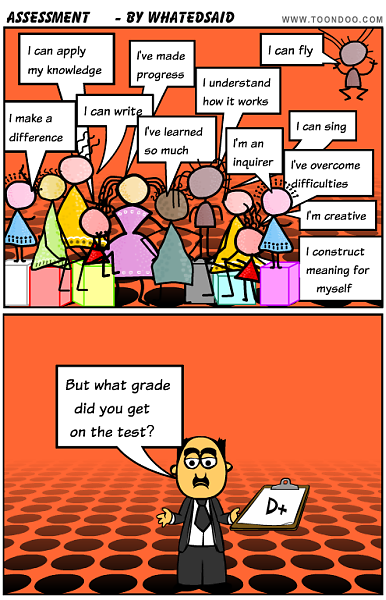Mathematics is becoming a battlefield Parents, of course, want it as part of the THREE Rs. Only when international PISA scores were announced, and slides in achievment were noted, did people start looking at the issues. One of the issues is that employers seem to be more eager for graduates from the STEM (science, technology, engineering, mathermatics) specialities.
But, we are finding out that things have been happening in MATH quiet beyond our wildest imaginations. No wonder parents aren't able to help their children with Math homework. Also, teachers are saying they don't want kids taking Math homework home. Why?
A lot has to do with "transformations" happening — inquiry and discovery are two new methods.
So, if you want some flavor of how “discovery” or New Age math will be like, please watch this short 4 minute video of an Arkansas parent opposing the Common Core and demonstrating how a simple “rigorous” math question is turned into a 108 step “discovery”, exploration and problem-solving personal experience ! https://www.youtube.com/watch?v=wZEGijN_8R0#t=23
BUT, Math is also becoming a ripe field to mine, or "milk" for political ends, for social justice, for changing the world!
I order this book and will report later: Opening the Cage – Critique and Politics of Mathematics Education, Skovsmose & Greer (Eds), Sense Pub, 2012.
Opening the cage addresses mathematics education as a complex socio-political phenomenon, exploring the vast terrain that spans critique and politics. Opening the cage includes contributions from educators writing critically about mathematics education in diverse contexts. They demonstrate that mathematics education is politics, they investigate borderland positions, they address the nexus of mathematics, education, and power, and they explore educational possibilities. Mathematics education is not a free enterprise. It is carried on behind bars created by economic, political, and social demands. This cage might not be as magnificent as that in Tagore's fable. But it is strong. Opening the cage is a critical and political challenge, and we may be surprised to see what emerges.
